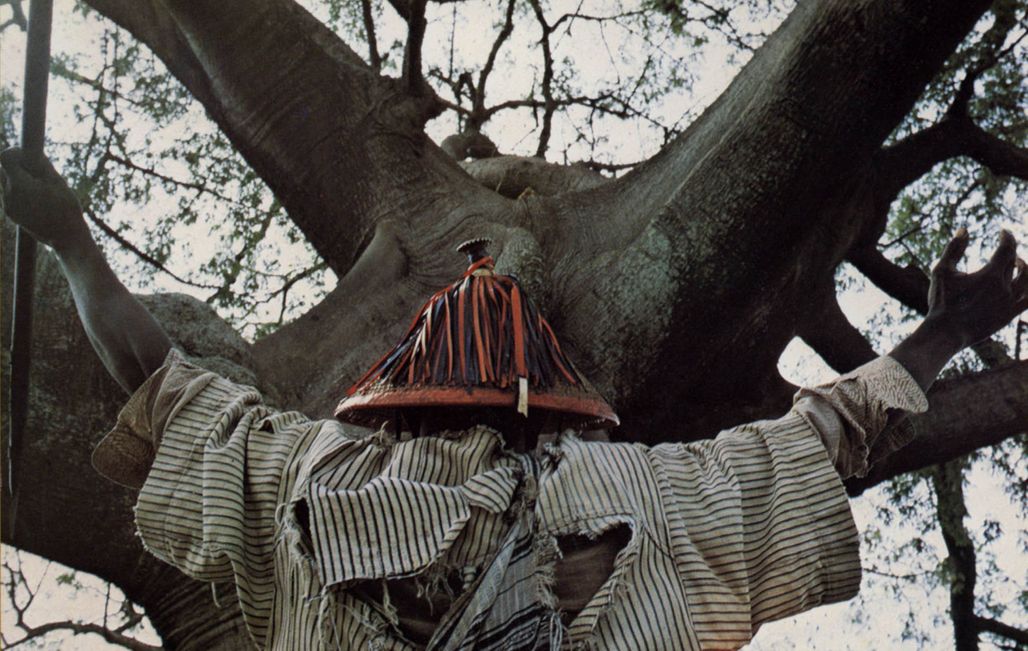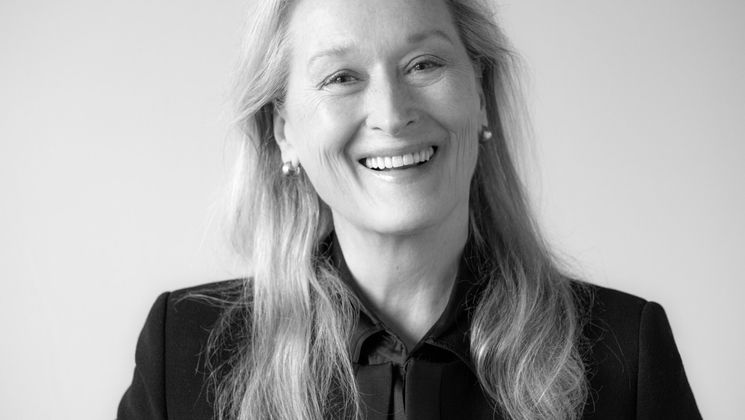
Safi Faye recounts Fad,Jal

Presented in Cannes Classics nearly 40 years after its selection for Un Certain Regard in 1979, Fad,Jal is a superb account of rural farm life by the Senegalese ethnologist Safi Faye. The director set up her camera in the village of her ancestors to carefully transmit the beauty of oral tradition. Remarks from the first female director from Sub-Saharan Africa on the occasion of this docudrama’s restoration by the CNC.
Fad,Jal, its genesis and themes
I think my film was selected by the CNC because it’s the first feature film from Africa to have been selected for the Festival de Cannes in 1979. The film is called Fad,Jal. Fad signifies “Arrive” and Jal means “Work”. “Work” because when you arrive at this farming village called Fadial, you must work. When you work, you’re happy, and if you don’t work, people will mock you
I also place my two cultures, French and Senegalese, into juxtaposition with each other (in the 1960s, Senegal was a French colony). In contrast to the written history of France learned in school, how can African history be transmitted if it only exists through oral tradition? Who's going to pass it on to the children? The village elder, he who holds the memory of history. Every evening, the children scrambled up into the beautiful kapok trees after getting out of school to gather around the village elder. He would then pass on their history, that which hasn’t been written down.
Fad,Jal speaks of this, of the foundation of the village and all the events that have since unfolded there. The grandfather speaks of traditional rites of passage and agrarian rites, as well as the origin of this village founded by a woman (Mbang Fadial) around the 16th century.
Safi Faye, female director
I never make films that have been adapted; I write my own screenplays. I investigate, inquire, and then I write, and I try to remain faithful to the rural world that I come from, as well as to Africa and the villagers. I admire people who live off the land. In Serer country, the coastal people to which I belong (as does Léopold Sédar Senghor) are renowned for the energy they put into their work. The people live within a matriarchal society in which women have more importance than men. Men and women are free thanks to the fruits of their labour.
The rural world, the theme that I chose and which corresponds to my cinematic vision, is timeless. It concerns all rural farmers, whether they are Japanese, Senegalese or Singaporean, since we’ve all been rural farmers at one time; the entire world comes from the countryside. I glorify the hard work rural farmers do to achieve food self-sufficiency. I’m certain this is why my films are still talked about today and why I’ve been selected for Cannes Classics along with all these great names in cinema. The 13 films that I’ve directed address this theme regarding the world of rural farm workers. This restauration of Fad,Jal is a miracle in my eyes.


